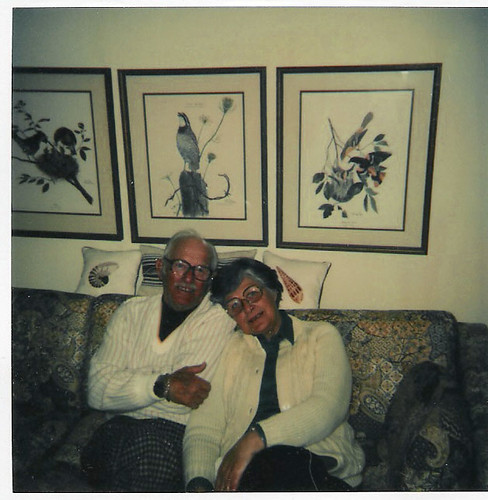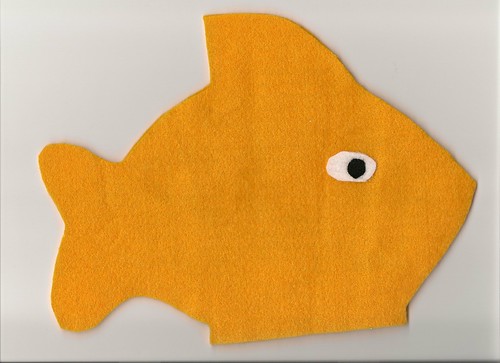 The Way We Live Now
The Way We Live Now by
Anthony TrollopeMy rating:
2 of 5 starsThis long, shambling story is not without interest. There is romance, intrigue, politics, Ponzi schemes, American character assassination (oh, I love it when the Brits do that - it's so much fun to see ourselves as others see us), a social structure in upheaval, and a critique of literary criticism. But it is pretty darn long. I read the Kindle edition and didn't pay attention to how long it was or I might have been daunted. Still, I had a short vacation coming up, spending a few days in a hotel in the middle of nowhere without a car, and figured if anything would drive me to read this, that would do it.
After that Hardy hodgepodge (
Desperate Remedies, see my so-called review of that at
http://staff-developomendo.blogspot.com/... ), I was leery of Trollope, but actually found myself enjoying this book. The characters and situations were not as over-the-top as in the Hardy story. Heroines who want answers about their fiancés will openly defy their mothers and take a train alone for the first time to track down answers, and good on 'em, I say!
Overly honorable men actually wrestle with their lesser, uglier feelings for quite a while before conquering them.
Chinless things in clubs have varying degrees of degradation if not actual separate and believable personalities.
And small, furry creatures from Alpha-Centauri would be, if they appeared in this book, separate and believable small, furry creatures from Alpha-Centauri.
Whatever you do, don't read the Wikipedia plot summary of this, which seems to be from a different version of the novel than I read. Paul went to Mexico to check on the progress of the railroad? Not in my book. That was just an offer to get him out of the boardroom and in the end he didn't fall for it. Also, an "editor" of that article complained that too much of the plot summary was given over to details of the plot. Excuse me? It's a frickin'
plot summary! The complaint should be, the details of the plot are, at times, inaccurate. And how do you condense 100 chapters to a few paragraphs?
Anyway, whether it's a spoiler or not, all works out for The Best and the Truly Noble, or at least, Likable characters get the happy ending they so richly deserve. If you're touchy about anti-Semitism, you might want to take a chill pill before reading, or at least hold out for "fat, old Jew" who shows the backward Christians what Dignity is.
View all my reviews >>
 Buying In: The Secret Dialogue Between What We Buy and Who We Are by Rob Walker
Buying In: The Secret Dialogue Between What We Buy and Who We Are by Rob Walker



















































